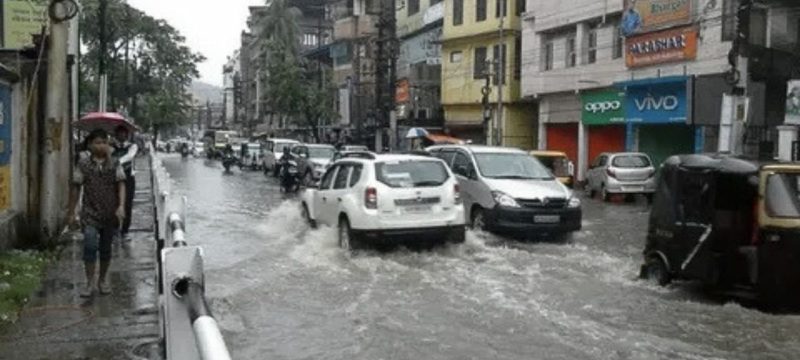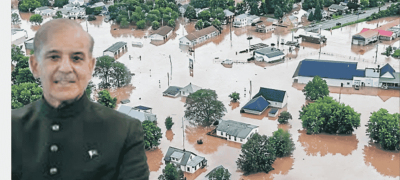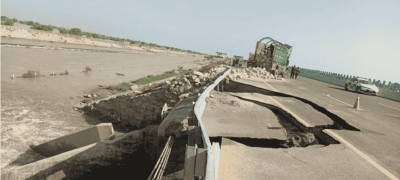Indus Waters Treaty (IWT) obligations once again came into focus after India notified Pakistan of a potential major flood under the Indus Waters Treaty. The alert has raised serious concerns among officials, communities, and farmers living downstream, who rely heavily on the river system for their survival.
According to reports, India has shared details of possible flooding due to rising water levels in the eastern rivers. Such notifications are a mandatory part of the Indus Waters Treaty, signed in 1960, which governs water sharing between the two countries. The development has triggered emergency preparations on the Pakistani side, with authorities monitoring vulnerable areas closely.
The Indus Waters Treaty has often been described as one of the most successful water-sharing agreements in the world, despite long-standing political tensions between India and Pakistan. However, flood-related warnings under the treaty highlight the increasing challenges posed by climate change, heavy monsoon rains, and glacial melt in the Himalayan region.
Indus Waters Treaty raises alarm again
The Indus Waters Treaty obliges both countries to exchange hydrological data, particularly during flood seasons. Officials in Pakistan have stressed the importance of timely updates from India, as delays in communication can worsen the impact of flash floods in northern and southern regions.
Communities along the Indus River basin remain at high risk. Experts point out that while the treaty ensures cooperation, Pakistan must also strengthen its local infrastructure to handle disasters. Early warning systems, flood defenses, and coordinated evacuation plans are critical in preventing large-scale loss of life and property.
The recent development also comes at a time when climate-related events are intensifying across South Asia. Rising temperatures have accelerated glacier melting, making rivers more unpredictable. Combined with heavy rainfall, this has amplified flood risks, particularly in areas where embankments and protective measures are weak.
For many families living in flood-prone districts, each year brings the fear of displacement. Farmers are especially vulnerable, as floodwaters can destroy crops and livestock within hours. Humanitarian groups argue that while treaties like the IWT are essential, long-term investment in resilience is the only sustainable solution.
As both countries remain alert, Pakistani officials are calling for more transparency and trust in water-sharing communication. Observers say that these alerts should serve as a reminder to strengthen regional cooperation in the face of shared climate threats.
For further context on regional developments, this report offers additional insights.







